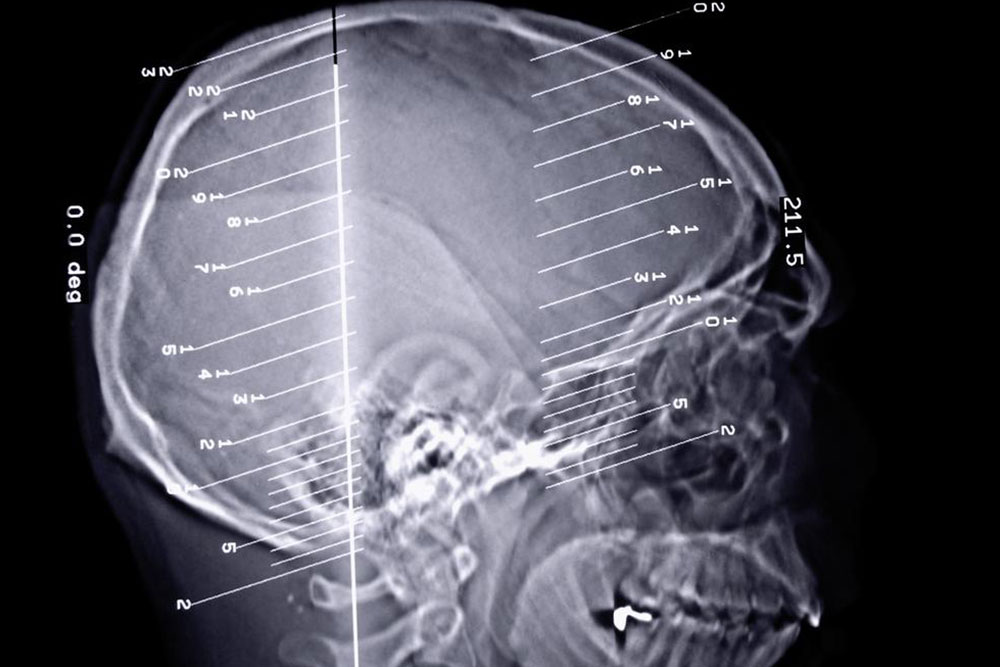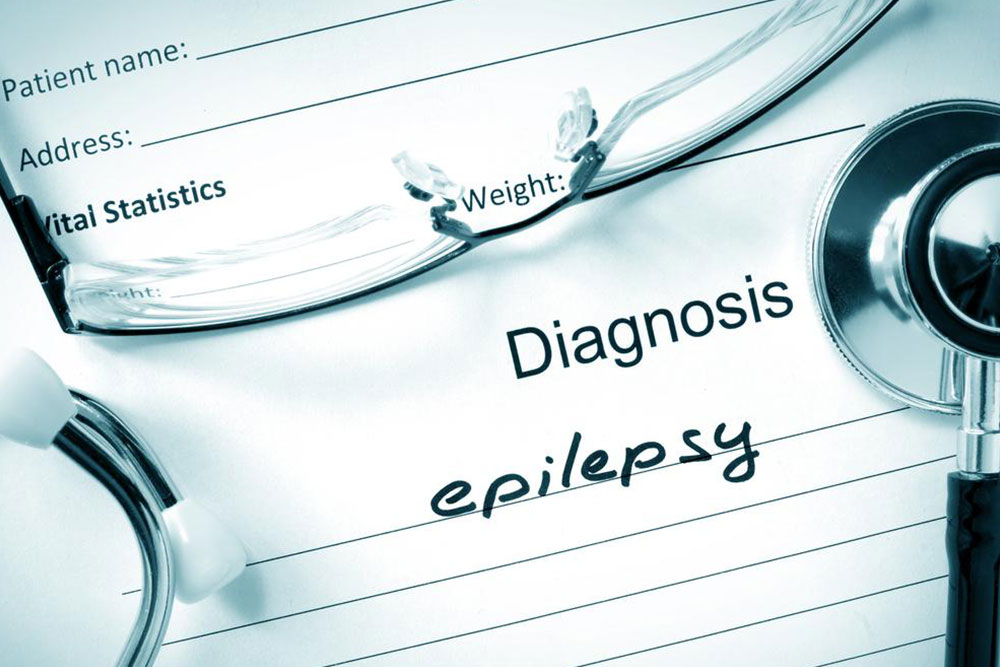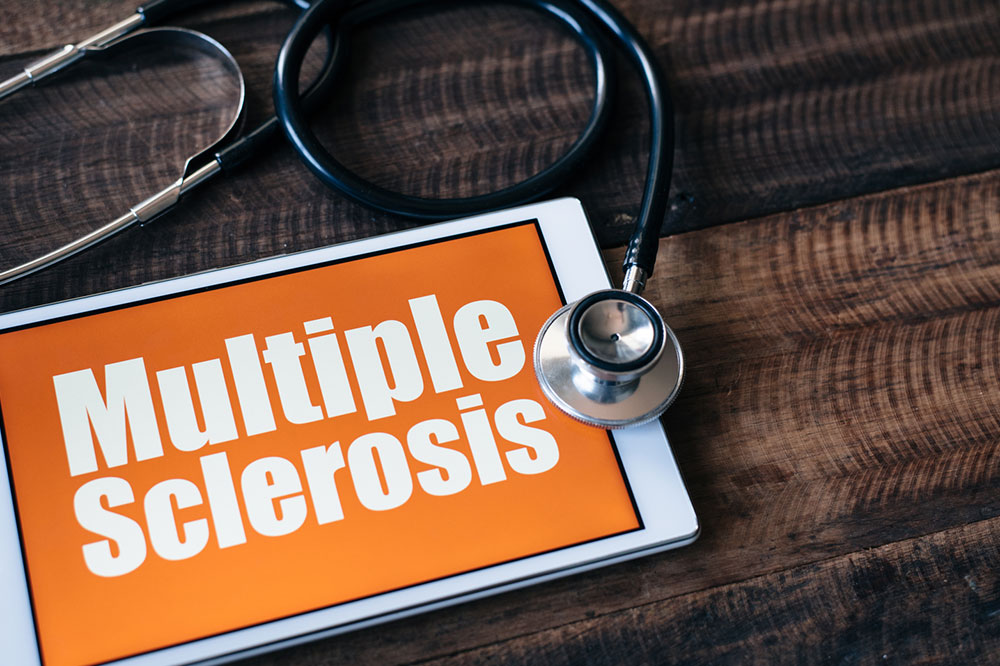Debunking Myths About Huntington’s Disease
This article clarifies common misconceptions about Huntington’s disease, highlighting that it is hereditary, affects both genders equally, and currently has no cure. It emphasizes the importance of awareness, early diagnosis, and supportive care. Understanding the disease's true nature helps combat myths and encourages support for affected individuals. Raising community awareness and research efforts play a critical role in managing and preventing Huntington’s disease, ensuring better quality of life for patients and their families.

Understanding Huntington’s Disease
Huntington’s disease is a hereditary, progressive neurological disorder that damages brain cells and neurons. It prominently affects the basal ganglia, a central part of the brain responsible for movement control. The disorder is caused by abnormal protein buildup and has no current cure. Although rare—affecting approximately 1 in 10,000 Americans—it typically manifests in individuals’ late thirties to fifties. Symptoms include involuntary movements, weight loss, memory lapses, speech difficulties, and mood swings. Advanced stages lead to dependence on others for daily activities and mobility.
Huntington’s disease is inherited and not influenced by external factors. Many misconceptions exist about its genetics, risk factors, and symptoms. For example, the belief that only men are affected is false; both genders are equally vulnerable. The age of onset can vary, often appearing after 30, but sometimes earlier in juvenile cases. There is currently no cure, only treatments to manage symptoms, and research focuses on prevention. Since it’s an autosomal dominant disorder, if a parent has Huntington’s, their children are at risk. Distinguishing Huntington’s from diseases like Alzheimer’s is important, as it primarily affects movement and cognition, but does not impact IQ. Awareness and support are vital in understanding and managing the disease, which varies among individuals.
Raising public awareness can assist those affected. Communities worldwide are dedicated to education and support initiatives. Volunteering, especially through social media campaigns, can make a difference. Early diagnosis and medical consultation are crucial for managing symptoms. Understanding the facts helps dispel myths and promotes compassionate support for Huntington’s patients.










